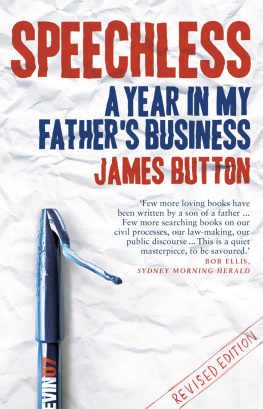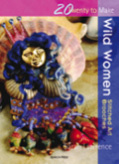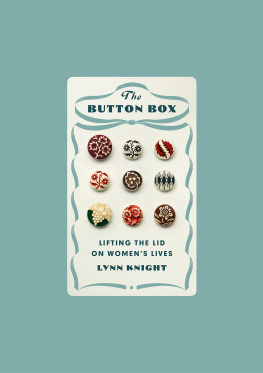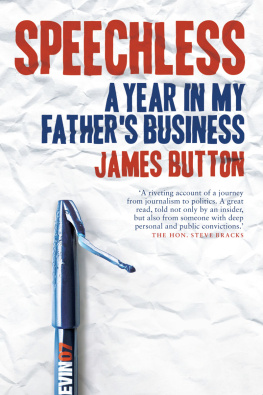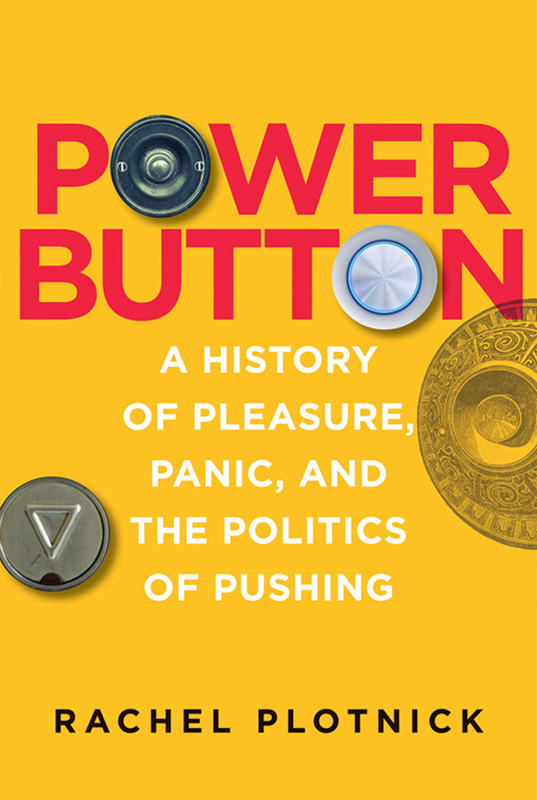2018 Massachusetts Institute of Technology
All rights reserved. No part of this book may be reproduced in any form by any electronic or mechanical means (including photocopying, recording, or information storage and retrieval) without permission in writing from the publisher.
This book was set in ITC Stone Sans Std and ITC Stone Serif Std by Toppan Best-set Premedia Limited. Printed and bound in the United States of America.
Library of Congress Cataloging-in-Publication Data
Names: Plotnick, Rachel, author.
Title: Power button : a history of pleasure, panic, and the politics of pushing / Rachel Plotnick.
Description: Cambridge, MA : The MIT Press, [2018] | Includes bibliographical references and index.
Identifiers: LCCN 2017055846 | ISBN 9780262038232 (hardcover : alk. paper)
eISBN 9780262347495
Subjects: LCSH: Remote control--Psychological aspects--History. | Electric switchgear--Psychological aspects--History. | Social psychology. | Industrial Revolution. | Object (Philosophy)
Classification: LCC TJ213.5 .P55 2018 | DDC 621.3815/37--dc23 LC record available at https://lccn.loc.gov/2017055846
ePub Version 1.0
Table of Contents
List of figures
Guide
Acknowledgments
I am humbled by and grateful for many individuals contributions and generosities that made this book possible.
The project found its voice in the archivesin the pages and images of the past. Because no folder or box labeled Button exists in any archive, however, I relied on the continuous support provided by archivists, librarians, and other research staff. In particular, I am indebted to the National Museum of American History Archives Center at the Smithsonian Institution in Washington, DC, and express my thanks to archivists Alison Oswald and Kay Peterson. I also received a research grant from NMAHs Lemelson Center for the Study of Invention and Innovation, and I appreciate the support I received from the Center and from Eric Hintz. A second important site of research, the Bakken Museum and Library in Minneapolis, MN, offered a wealth of resources, and I am grateful for the enthusiastic assistance that librarian Elizabeth Ihrig gave me during my time there. In addition, I interacted with helpful staff at the Connecticut Historical Society in Hartford, CT; Huntington Library in San Marino, CA; and Winterthur Library in Winterthur, DE.
Before I began hunting and pecking through archives, this project arose out of curiosity after a seminar I took while completing my PhD in the Media, Technology, and Society (MTS) program at Northwestern Universitys School of Communication. As it took further shape in the form of a dissertation, I benefited immensely from the intellectual community and mentors there who embraced the concept. Jennifer Light, my advisor, provided essential feedback at every stage of the process, not only helping me to work through my thoughts and improve my writing but also to encourage me personally and professionally. I am tremendously appreciative of her continued guidance and support well beyond the boundaries of our time at Northwestern. This book surely would not exist without her, and my gratitude is simply immeasurable. Pablo Boczkowski consistently pushed me forward by exposing me to generative bodies of literature, asking me difficult and important questions, and advising on myriad matters of professionalization. I continue to admire and have been enriched by his work ethic, collegiality, and support of his colleagues and students. Lynn Spigel invested significantly in this project, and her confidence spurred me forward at every stage. I am particularly appreciative to Lynn for suggesting early on that I present my work at Northwesterns Medium to Medium symposium, which provided fertile ground for testing out my ideas.
In addition to these exceptional mentors, I wish to express my sincere gratitude to other faculty members at Northwestern, especially Ken Alder, James Ettema, Eszter Hargittai, and Janice Radway, all of whom enriched my understanding of major scholarship and sharpened my critical thinking. At the same time, I benefited from a wonderful group of fellow graduate students. My heartfelt thanks go to Will Barley, Alan Clark, Lindsay Fullerton, Katie Day Good, Yuli Patrick Hsieh, Nicole Joseph, Aditi Raghavan, Lauren Scissors, Ignacio Siles, Kristin Yates Thomas, Jeffrey Treem, Brooke Foucault Welles, Angela Xiao Wu, and many others.
As I transitioned to a faculty position at the University of North Carolina at Charlotte, I was fortunate enough to join an exceptional department of colleagues who supported me from the start. Kind and encouraging words as well as feedback in various forms, especially from Jon Crane, Dan Grano, and Min Jiang, have motivated me throughout the writing and editing process. Jamie Bochantin, Cris Davis, Margaret Quinlan, Robin Rothberg, Cliff Scott, and Ashli Stokes have especially made the department a welcoming and collegial intellectual home. I also appreciate continued guidance from Jason Black, Richard Leeman, and Shawn Long, each of whom have invested not only in this book but also in my success as a scholar.
Outside of the department, this project found its legs at many interdisciplinary annual meetings of such organizations as the International Communication Association, National Communication Association, Society for Cinema and Media Studies, Society for the History of Technology, and Society for the Social Studies of Science. In these forums and others, I have had the good fortune of learning from, listening to, and collaborating with faculty members from across the country. I extend my sincere thanks to these generous individuals, including Ruth Schwartz Cowan, Barbara Friedman, Bernard Geoghegan, Robert MacDougall, Benjamin Peters, Jeff Pooley, Rick Popp, Fred Turner, and numerous others. Likewise, journal editors Suzanne Moon and William Aspray invested significant time in providing feedback on portions of this work, and I appreciate the many ways that they helped me to develop my ideas. In addition, special thanks go to David Parisi, who has challenged me with stimulating conversations and provided critical support for my work over the years as weve worked together to push haptic media studies forward.
I am incredibly grateful to my editor Katie Helke, who has served as a patient, thoughtful, and dedicated guide. Her feedback, along with that of three anonymous reviewers, has enabled me to see the topic with fresh eyes and to improve my writing in ways that I could not have imagined at the outset. I also thank the numerous staff at the MIT Press who have shepherded this book through every stage of the publishing process.
Finally, it is difficult to fully express my appreciation to friends and family who have graciously encouraged me personally and professionally. My dear friend Lissy Skolnick has lent an earboth short and long-distanceover the years with incredible kindness and generosity of spirit. Similarly, my love and thanks go to Sue Holland, Phil Holland, and Mary Franklin, who have served as champions of this book (and everything I do).
My brother, Daniel Plotnick, has always good-naturedly listened and offered his warmest support, talking me through difficult times as only a brother can. He and I have achieved what we have because of our parents love. A thank you feels insufficient for my mom, Robin Plotnick, who has walked every step with me and is a source of unending strength. She believed that this book would come to be even when I could not, and she has contributed every bit of her time and help to make it possible. As I write this, I also think of my dad, who always encouraged me to write, write, write. His absence is felt every day, and I carry him in the closest part of my heart.




